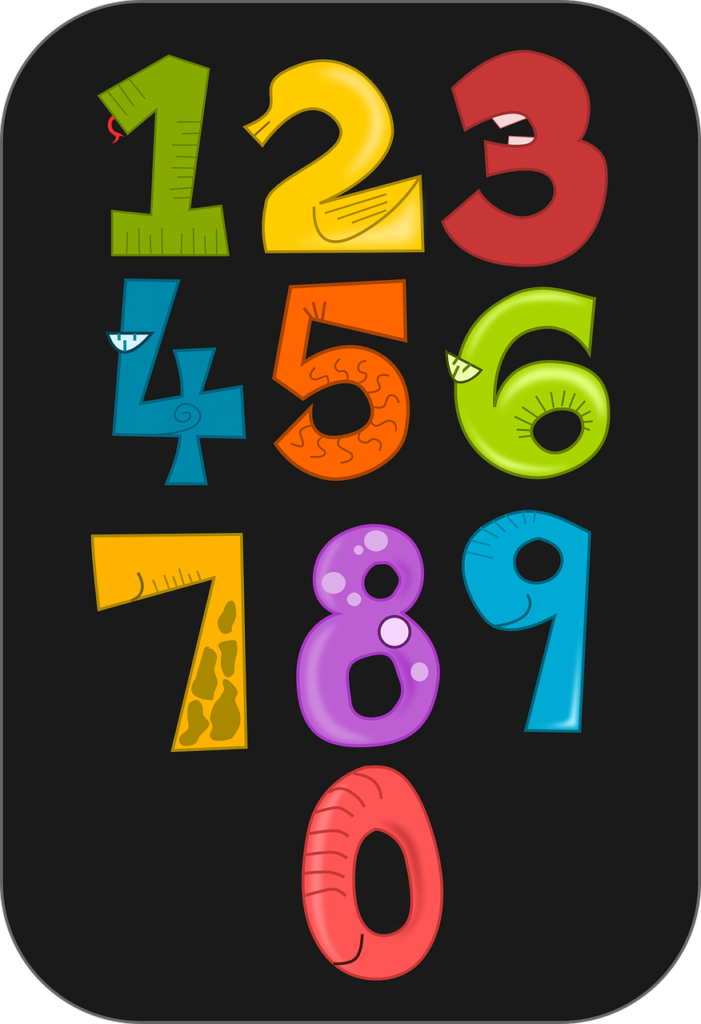Keeping in line with European and world benchmarks, one of the broad goals in the Framework for the Education Strategy for Malta 2014-2024 is to:
Reduce the gaps in educational outcomes … between students attending different schools, decrease the number of low achievers and raise the bar in literacy, numeracy, and science and technology competence, and increase student achievement. (Ministry for Education and Employment, 2014, p3).
The Numeracy Team would like to raise the attainment levels of our children in international testing, such as PISA and TIMMS. When we compare our results with those of other countries, we do have a comparably good number of high achievers, but we then have too many students who are classified as low-achievers. The EU2020 target is to reduce the percentage of low achievers to less than 15% of the student population. (European Commission, 2017)
The newly formed Numeracy Team started looking at successful trends around the world in the teaching and learning of mathematics. The team strongly believes that a Maths Mastery approach is the way forward. This is also sometimes called the ‘Singaporean Approach’. Singapore has been at the top of the table in international testing for over a decade ever since they decided to change their approach to the teaching of mathematics.
The principles of Maths Mastery are very much the same principles advocated by our own National Curriculum Framework. This includes amongst others, the emphasis on student-centred learning, inquiry-based learning, critical thinking and meaningful learning. The emphasis is on a child-centred approach that:
encourages children to find things out for themselves allowing for experimentation, hypotheses testing, and trial and error. Through hands-on approaches in pursuit of answers to self-initiated activities, young children develop perseverance and concentration. … be sensitive to young learners’ interests and inclinations …. provide stimulating environments which challenge the minds of learners in their quest for information, allowing for inquiry-based activities and independent exploration, which enable them to remember and understand what and how certain results are achieved. (NCF, 2012, p49).
Ultimately, both the NCF and the Maths Mastery approach advocate that ‘learning by doing’ is much more effective than’ learning by telling’. When children enjoy their learning, they are develop a sense of self-belief. It helps them to believe that they are capable of learning and achieving. The reason for these similarities is that they are both based on the theoretical ideas of:
- Bruner: promoting the use of manipulatives and pictorial representations before attempting the abstract.
- Vygotsky: the need for peer interaction.
- Skemp: emphasis on conceptual learning and opposed to procedural learning.
- Dienes: the importance of play and unstructured learning.
- Piaget: the need for free play and meaningful experiences.


